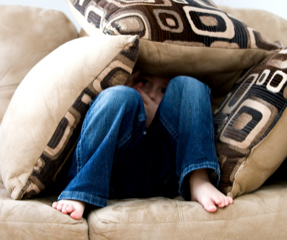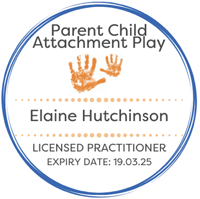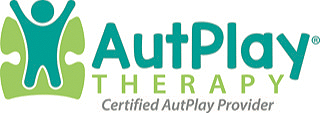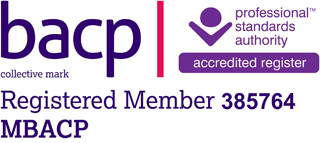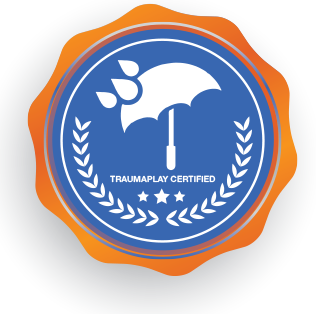How it supports children and young people who have experienced trauma and adverse childhood experiences (ACES)
According to a study published in the Lancet:
One in 13 young people in England and Wales experiences post-traumatic stress disorder by the age of 18.
A study of more than 2,000 18-year-olds found nearly a third had experienced trauma in childhood. A quarter of these children who experienced trauma then developed PTSD, which can cause insomnia, flashbacks and feelings of isolation.
The study went on to find that just over half of the young people who developed PTSD had also experienced a major depressive episode and one in five had attempted suicide.
The original ACE study identified ten adverse childhood experiences, five personal experiences and five experiences related to other family experiences:
- Physical abuse
- Verbal abuse
- Sexual abuse
- Physical neglect
- Emotional neglect
- A parent who is addicted to alcohol or drug use
- A mother who is a victim of domestic violence. (I would add fathers here too – being male does not exclude you from being a victim of DV)
- A family member in jail
- A family member diagnosed with mental illness
- The disappearance of a parent through divorce, death or abandonment
Since 2020, another ACE has been added to the list, the COVID-19 pandemic.
It is important to note that the impact of ACEs is unique to each individual and that outside of the family peer, community and collective violence are also significant factors. Even when children feel safe and secure in their family, they may not feel the same way in their home. Having a loving and supportive family and positive attachments, does not make a child immune to feeling the impact of ACEs and the COVID-19 pandemic has shown, with its huge and on-going impact on the mental health of both children and their significant adults.
As a child therapist, I have seen an increase in clients who are struggling with the changes the pandemic has brought, as well as the fact they are finding pre-existing issues and concerns being amplified by the changes that have happened this year. The number of enquiries for children who are struggling with anger and/or anxiety have increased during and after the initial lockdown we experienced.
For children (and young people) who have trauma as their main reason for coming to therapy, one of the models of supporting them that I use is TraumaPlay. TraumaPlay was developed by Paris Goodyear-Brown in the States it is based on attachment theory and the neurobiology of trauma.
TraumaPlay is integrative, drawing on numerous other play based models of therapy, including child-centred play therapy, which is the core of my work. It is both non-directive (child-led) and directive (therapist-led) and allows me to create a personalised treatment plan for each child and family that I work with. The filial model of this therapy, where the family members, especially parents or key adults come alongside the child to support them, can be hugely healing to a child.
Parents or other key adults are included in the therapy and together we work as partners to be safe bosses and secure bases for the child as well as safe containers for their trauma. Children often find trauma they have experienced so unspeakably awful that they feel that by sharing it with adults, the adults will the reject them because horror somehow will reflect back on them, the child, reinforcing further the idea that they are unlovable.
By working in a developmentally sensitive play-based way, the child can safely develop coping strategies to help them regulate both their emotional and their physical response to the trauma they experienced. Once they are feeling safe and secure, the content of the trauma experience can be addressed in a safe way.
I could write for pages on the way in which TraumaPlay can successfully support children and young people in recovering from traumatic experiences, but if you know a child or young person who needs some support around trauma, please feel free to get in touch and ask more.
From now on, I will be posting fortnightly blog posts as opposed to weekly, but you can find me over on Facebook as ‘Creating Calm Family Therapy’ or @CreatingCalmTherapy.
If you have any questions, please feel free to drop me an email:

